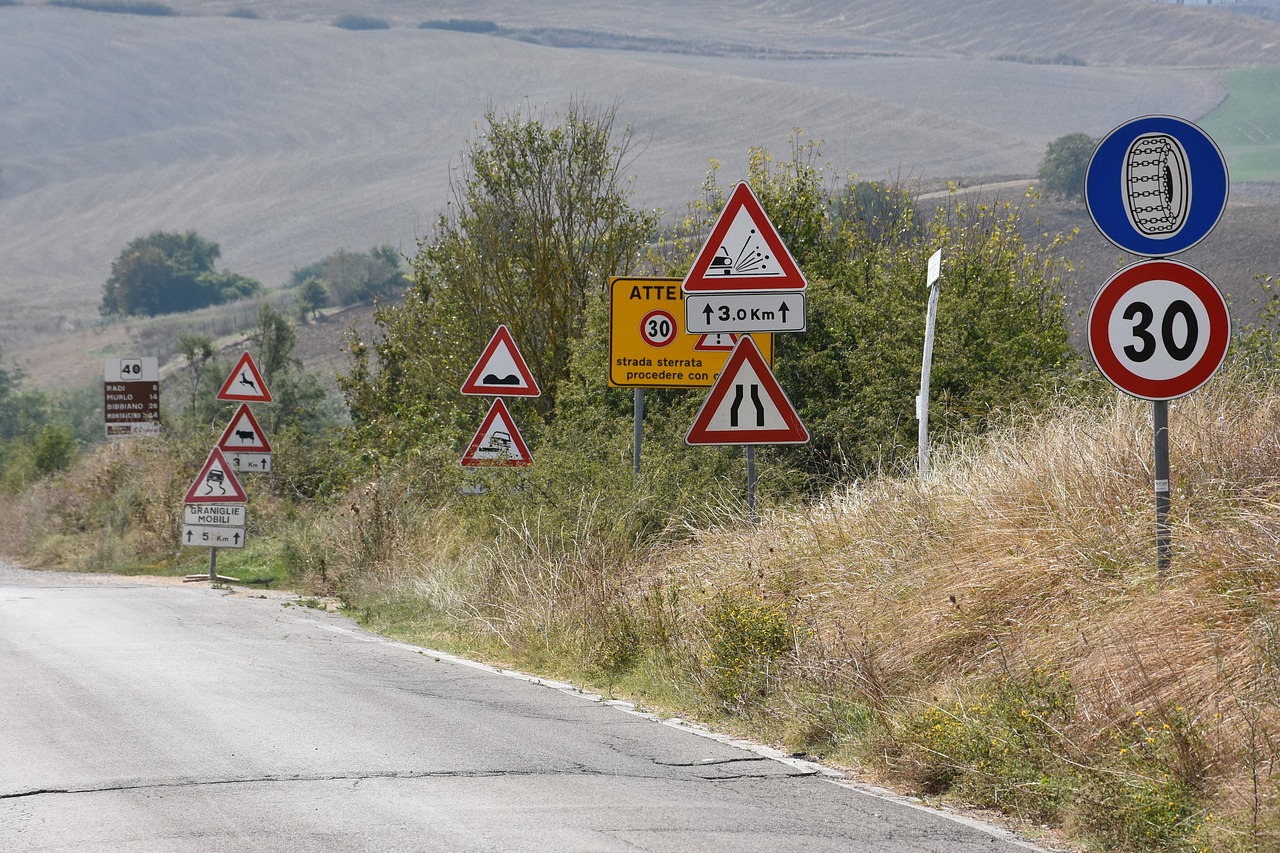What Are The Regulations For Boating Offshore?
Have you ever wondered what regulations are in place when it comes to boating offshore? Whether you’re a seasoned sailor or a beginner, it’s important to understand the rules and guidelines set forth to ensure safety and compliance. Let’s explore the regulations for boating offshore in this informative article.
Importance of Offshore Boating Regulations
Regulations for boating offshore are put in place to protect the safety of boaters, prevent accidents, and preserve the marine environment. By following these regulations, you not only ensure your safety but also the safety of others around you. It’s crucial to be aware of and adhere to these regulations whenever you venture out into open waters.
Safety First
Your safety should always be the top priority when boating offshore. Regulations such as wearing life jackets, having proper navigation lights, carrying distress signals, and following speed limits are all designed to keep you safe while on the water. Make sure to familiarize yourself with these safety regulations before setting sail.
Environmental Protection
In addition to safety concerns, offshore boating regulations also aim to protect the marine environment. Regulations regarding waste disposal, wildlife protection, and anchoring restrictions are all in place to minimize the impact of boating activities on the delicate ecosystems of the ocean. By following these regulations, you can help preserve the beauty and health of our oceans for future generations.
Understanding Navigation Rules
Navigating offshore waters can be complex, especially when there are other vessels around. Understanding and following navigation rules is crucial to avoid collisions and ensure smooth sailing. Let’s take a closer look at some key navigation rules that every boater should be familiar with.
Right of Way
Knowing who has the right of way in various situations is essential for safe boating. In general, vessels should give way to those on their starboard side, and larger vessels have the right of way over smaller ones. Understanding these rules can help prevent accidents and maintain order on the water.
Sound Signals
Sound signals are an important communication tool for boaters, especially when visibility is limited. Different sound signals indicate changes in course, vessel status, or potential danger. Familiarize yourself with the various sound signals and be prepared to use them when necessary to communicate with other vessels.
Lights and Dayshapes
Proper lighting is crucial for nighttime boating and in low visibility conditions. Understanding the meaning of different navigation lights and dayshapes can help you determine the type and status of other vessels. Make sure your vessel is equipped with the required lights and dayshapes and use them accordingly to signal your intentions to other boaters.

Legal Requirements for Offshore Boating
In addition to safety and navigation rules, there are also legal requirements that boaters must adhere to when operating offshore. These regulations are enforced to ensure compliance with the law and promote responsible boating practices. Let’s explore some of the legal requirements you should be aware of before heading out to sea.
Licensing and Registration
Most jurisdictions require boaters to have a valid license or certification to operate a vessel offshore. Additionally, vessels must be properly registered and display registration numbers and stickers as proof of compliance. Make sure you have the necessary licenses and registrations before embarking on your boating adventure.
Safety Equipment
Certain safety equipment is mandated by law to be on board every vessel when boating offshore. This equipment includes life jackets for every passenger, fire extinguishers, distress signals, and first aid kits. Inspections by authorities may be conducted to ensure compliance with safety equipment requirements, so make sure you have all the necessary gear on board.
Alcohol and Drug Regulations
Operating a boat under the influence of alcohol or drugs is illegal and highly dangerous. Just like driving a car, boating while impaired can lead to accidents, injuries, and even fatalities. Know the legal limits for blood alcohol concentration when boating offshore and always designate a sober skipper to ensure a safe journey for everyone on board.
Environmental Practices for Responsible Boating
Responsible boating goes beyond following regulations and legal requirements. It also involves adopting environmentally friendly practices to minimize your impact on the marine environment. By being mindful of your actions and making sustainable choices, you can help protect the oceans and marine life for future generations to enjoy.
Green Boating Tips
There are several simple steps you can take to reduce your environmental footprint while boating offshore. Avoid littering or dumping waste into the water, use eco-friendly cleaning products, and opt for fuel-efficient engines to conserve energy and reduce emissions. By practicing green boating, you can contribute to the preservation of our oceans and coastal areas.
Wildlife Conservation
When boating offshore, be respectful of marine wildlife and their habitats. Keep a safe distance from animals such as dolphins, whales, and sea turtles to avoid disturbing them or causing harm. Avoid anchoring in fragile ecosystems such as coral reefs and seagrass beds, as this can damage these delicate environments. By respecting wildlife and their habitats, you can help preserve the biodiversity of our oceans.

Emergency Procedures and Safety Protocols
Despite thorough preparation and adherence to regulations, emergencies can still occur while boating offshore. It’s essential to have a clear understanding of emergency procedures and safety protocols to handle unexpected situations effectively. By knowing what to do in emergencies, you can ensure the safety of yourself and your passengers.
Emergency Contacts
Before setting sail, make sure to have a list of emergency contacts readily available on board. This should include numbers for the coast guard, marine rescue services, and other relevant authorities. In case of an emergency, knowing who to contact and how to reach them quickly can make a significant difference in the outcome of the situation.
Man Overboard
One of the most common emergency situations while boating offshore is a man overboard scenario. It’s crucial to act quickly and decisively if someone falls overboard to maximize the chances of a successful rescue. Remember the “COB” drill – Circle, Observe, and Back – to retrieve the person in the water safely without putting others at risk.
Fire and Flood Procedures
Fires and flooding can pose serious threats to the safety of a vessel and its passengers. Having a clear plan in place to deal with these emergencies is essential. Ensure that all passengers know the location of firefighting equipment and emergency exits, and practice fire and flood drills regularly to be prepared for any unforeseen incidents.
Conclusion
Boating offshore can be a thrilling and rewarding experience, but it also comes with a great deal of responsibility. By understanding and following the regulations, rules, and safety practices outlined in this article, you can ensure a safe and enjoyable journey on the water. Remember to prioritize safety, respect the environment, and be prepared for emergencies to make the most of your offshore boating adventures. Safe travels!






